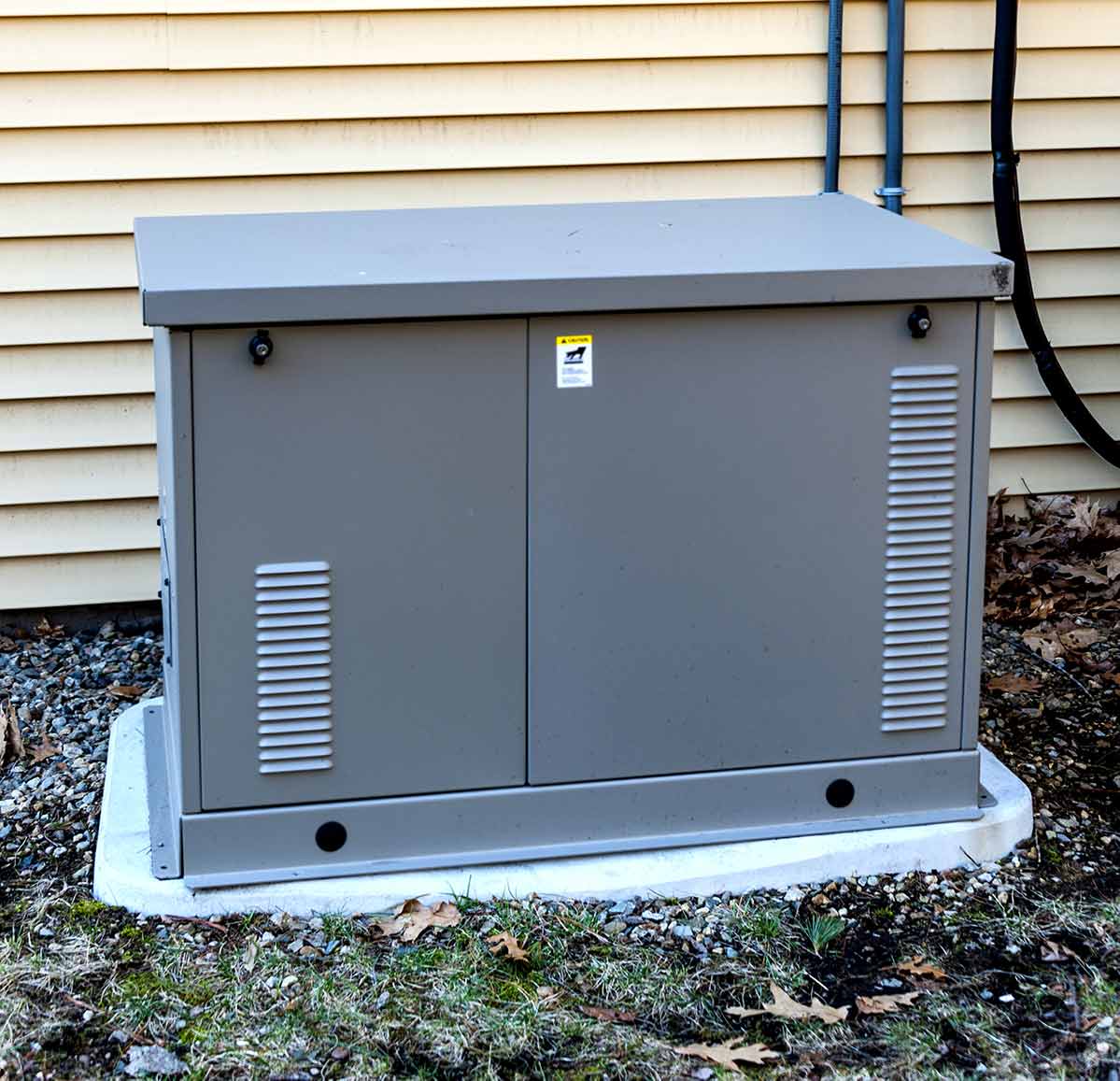

"You've got to monitor the system very closely," says Jack Minick, a field representative with the National Electrical Manufacturers Association (NEMA) and specialist in disaster recovery. If not properly ventilated, a portable could cause a fire or carbon monoxide poisoning. And like a car, it gives off smelly exhaust fumes, heat, and noise. Which brings us to the next question: How much risk are you comfortable with? If some, consider portableĪ portable generator sits within extension-cord range of the house, chugging away like a little car. You could go bigger, but operating a high-powered portable can get difficult and carries some risks. "You can probably run a water pump, a heater, some lights, and your refrigerator with a 5kW to 8kW unit," says Chris Sauer, owner of G & G Lawn and Power in Stone Ridge, NY. That's enough to run some household essentials-as long as your "essentials" don't include the plasma TV, central air conditioner, and Jacuzzi tub. Portable units for home use provide anywhere for 3kW to10kW of power. How much power do you need? If not much, portable's okay That way, in the event of an emergency you can plug the generator into the receptacle and switch on the circuits you need. Slightly more expensive but more convenient is to hire an electrician to run a 220-volt line from your circuit breaker panel to a receptacle installed outside, a task that takes a couple of hours and costs a couple hundred dollars. Cheapest is "pour and plug": You haul out the generator, pour in the gas, and plug in extension cords you've run from essential appliances like the computer, lamps, and refrigerator. Installation and operating costs are minimal - mostly the cost of fuel.

Leading manufacturers include Briggs & Stratton, Honda, and Generac. Prices vary depending on where you buy it and what brand you choose. You can buy a good 3kW unit for under $500, an 8kW for $1,500 to $2,000 and a 10kW for about $2,000. The main appeal of a portable generator over a standby is savings. Is Price The Deciding Factor? If Yes, Go Portable But if you're in the market for backup power and trying to decide what kind is right for you, here are the questions to ask. These units aren't without their downsides, chief among them that you have to be home to operate them. In an emergency, wheel it out, gas it up, pull the starter cord, and you've got your own mini electric plant. Then simply drive it home and store it in the garage or shed.

You can purchase one online, from a local lawn-equipment dealer, or at a big-box store. Unlike a large, permanently installed standby generator, a portable backup unit requires less money up front - about $500 to $2,000, versus up to five figures for standby power. A portable generator might be the fastest way to whirl back into action. A storm has knocked out power to your neighborhood, but you need to use your computer for work today.


 0 kommentar(er)
0 kommentar(er)
